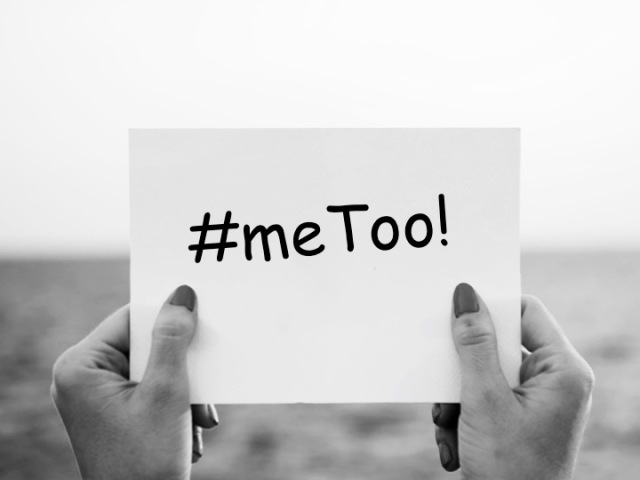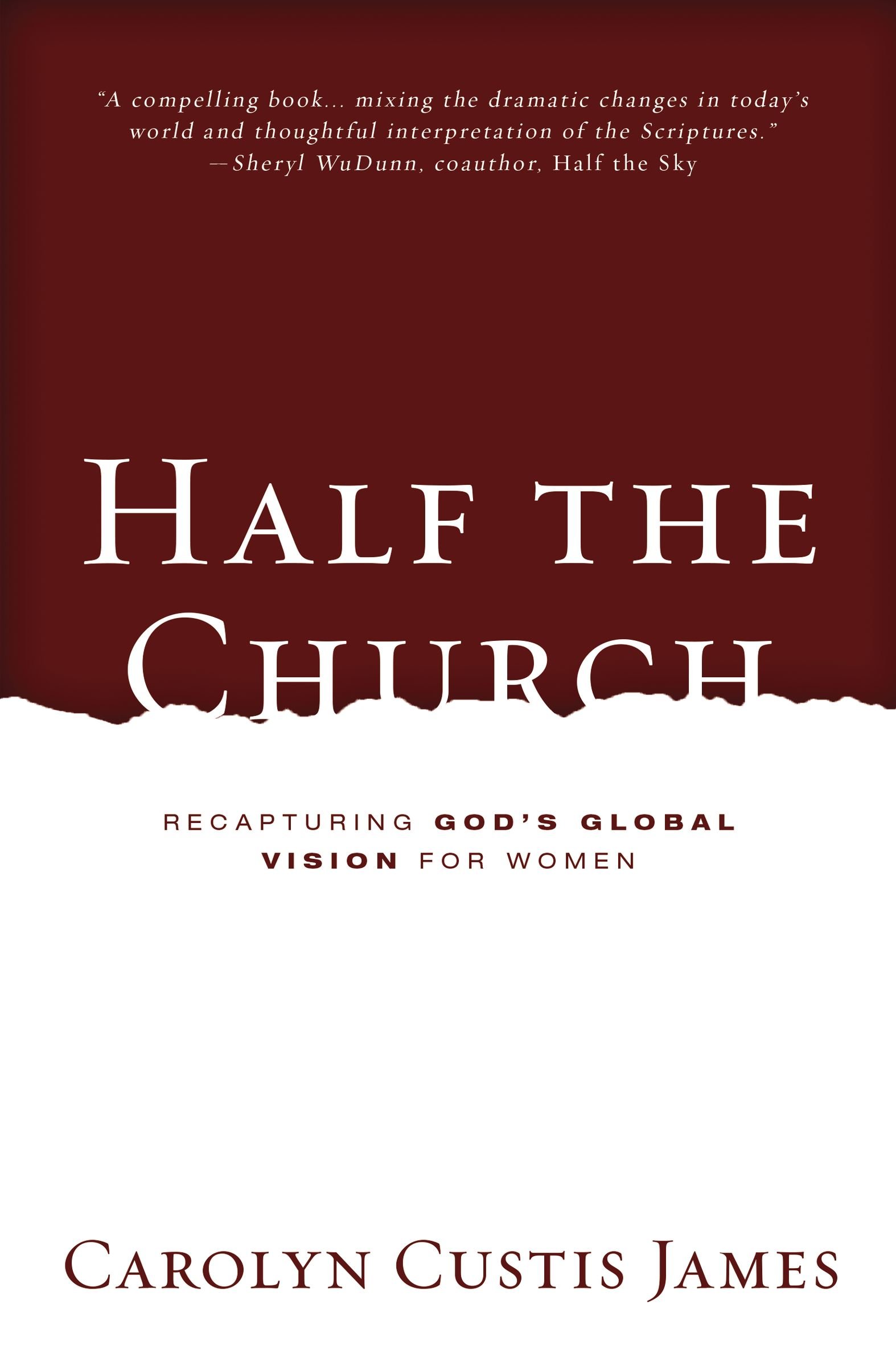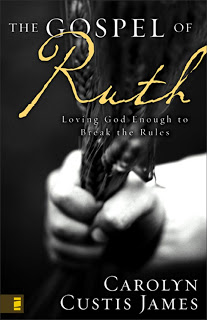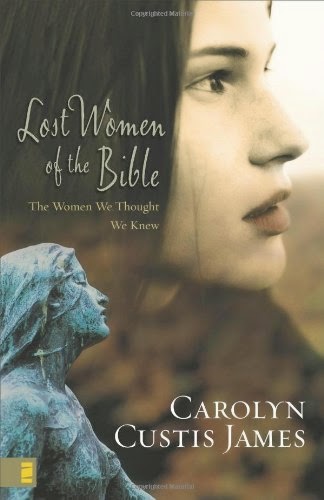
Current events have a way of shedding fresh light on ancient biblical texts.
The steady stream of sexual assault allegations currently dominating the news has cast a blazing beam of light on an ancient biblical text I’ve been working on for years[1]—the story of the patriarch Judah and his Canaanite daughter-in-law Tamar who posed as a prostitute to lure Judah into impregnating her (Genesis 38). It’s the R-rated story pastors often skip as inappropriate for a G-audience and devoid of any theological or spiritual application.
Today, women are generating light by bravely speaking out about sexual assault and harassment they’ve suffered. Fears of reprisals and public humiliation that have kept them silent for decades are no longer holding them back. Silent no more, #MeToo and #ChurchToo tweets and public accusations of sexual misconduct are targeting powerful men once thought unassailable.
When multiple allegations against movie mogul Harvey Weinstein were taken seriously, it unleashed a storm of allegations implicating such public figures as Alabama senatorial candidate Roy Moore, comedian Louis C.K., Senator Al Franken, and journalists Mark Halperin and Charlie Rose, to name a few.
Female survivors have new credibility—especially when multiple accusers raise allegations against a single man. Growing numbers of influential leaders are saying, “I believe the women.”
As Eugene Robinson observed in the Washington Post,
“Virtually overnight, the paradigm for thinking about and dealing with sexual harassment has changed. A kind of Judgment Day has arrived for men who thought they had gotten away with their misdeeds.”
Now Roy Moore is fighting for his political survival against rising opposition within his own party. Both Halperin and Rose (among a slew of other men) have lost their jobs, their stature, and their careers, with more to come. Fair to say, the uproar has resurfaced the dozen-plus allegations against Donald Trump, who so far (and despite his own recorded admission) has managed to dodge the kinds of consequences other men are facing.
These scandals have me looking again at the Tamar/Judah story and what happens when a woman summons the courage to speak up and a man finds himself in the crosshairs of a sexual allegation.
The Past Speaks to the Present
The Judah/Tamar narrative won’t make sense unless we delve into patriarchal practices that are utterly foreign to our western, egalitarian culture—practices that drive the action of the narrative.
Under patriarchy, family survival depended on producing at least one son to perpetuate the family for another generation. The worst calamity in the ancient world was for a man to die without a male heir. That was the crisis Judah’s family faced when his two older sons (Tamar’s sequential husbands) died without producing sons. The remedy according to patriarchal culture (later formalized in Mosaic Law) was for the surviving brother to marry the widow and father a son to take his dead brother’s place on the family tree, as well as the dead man’s inheritance. According to ancient Hittite and Assyrian laws a father-in-law was permitted to marry his son’s widow if no brother fulfilled the family duty.[2]
The twice-widowed Tamar must be viewed within the obligation (a matter of family honor) to rescue her two dead husbands from extinction, which she does by delivering male twins. Although some readers will find this hard to swallow, scholar Bruce Waltke rightly describes Tamar as “a heroine in Israel because she risks her life for family fidelity.”[3]
Although the details of the Tamar/Judah story differ vastly from the current scandals, their story and today’s scandals converge in the perilous moment when an accuser confronts the accused.
Accountability and Redemption
That critical moment in the Tamar/Judah story could have produced an ancient version of the typical “he said/she said” scenario, where Judah met Tamar’s accusations with vehement denials and his Canaanite buddies rallied to his side. Besides, since patriarchy empowered and privileged men over women, no one would take her word over his.
But Tamar came armed with hard evidence (Judah’s seal, cord, and staff) to prove he was the man by whom she was pregnant.
Instead of the common indignant flurry of denials and attempts to deflect blame to his accuser, something radically different happens here. Judah’s encounter with Tamar becomes the watershed moment for him—the moment when the prodigal looks in the mirror, sees the man he has become, and comes to his senses. Judah acknowledges the truth, condemns himself, and vindicates his daughter-in-law.[4]
“She is righteous. I am not.”
This is precisely the kind of decisive moment every man accused of sexual misconduct so far has faced. Judah’s example teaches that facing the truth about himself and his behavior leads to redemption. The Judah we meet in subsequent chapters is a changed man. He bears no resemblance to the dark, angry, sinister figure who trafficked his own brother as a slave and whose vulnerability to Tamar’s scheme revealed a lot about his character. Judah is transformed. He embodies the gospel brand of masculinity that Jesus came to restore.
Evangelical leaders—like Franklin Graham, Jerry Falwell, Jr., and James Dobson—who rush to defend men—like Donald Trump and Roy Moore—who are caught in the crosshairs of allegations of sexual misconduct aren’t doing those men any favors. They may instead be getting in the way of a situation that holds redemptive potential for the men accused, a crucial predicament intended to rescue them from themselves—men who at present are spewing defiant denials, slandering and insulting their accusers, and claiming they’re the real victims. Furthermore, by defending these men, evangelical leaders are abdicating the prophetic role Jesus actually calls his followers to fulfill by speaking truth to power. In the end, they are actually harming the very men they intend to help.
#MeToo stories aren’t actually so new. They are ezer-warrior stories that are as important today as the moment Tamar stood up to Judah and exposed his truth. Holding these men accountable could actually create an opportunity for redemption for misbehaving men. In the words of Jesus, “The truth will set you free.”
This ancient R-rated biblical story sheds fresh light on current events, reminding us that holding abusers accountable is good for them.
Notes:
[1]For further reading: “Missing in Action—Tamar” in Lost Women of the Bible, “The Father Wound” in Malestrom, and “Tamar: The Righteous Prostitute” in Vindicating the Vixens.
[2]Bruce K. Waltke, Genesis (Grand Rapids: Zondervan, 2001), 511-512.
[3]Ibid., 513-514.
[4]Several translations [NIV, NKJV, ASV, ESV] depict a chastened Judah making a comparative statement, “She is more righteous than I” (38:26, emphasis added). However, given Judah’s history, it strains credulity to imagine him exonerating himself as “righteous,” when Tamar has publically exposed him as a hypocrite and a solicitor of prostitution. Gordon Wenham’s translation reveals an absolute contrast: “She is in the right, not I” [Gordon J. Wenham, Genesis 16–50, ed. David A. Hubbard and Glenn W. Barker, Word Biblical Commentary (Dallas: Word, 1994), 364]. Waltke, agrees, translating “She is righteous, not I.” [Waltke, 513].















WOW. Thank you; your theological scholarship and perspective are so life-giving. What a gift to the world!
LikeLiked by 1 person
Thank you for this Carolyn! I just am baffled at the Church leaders lack of action and accountability for these men. I have personally witnessed this in the local church as well and it has been very painful to see the wagons circling time and time again.
LikeLiked by 1 person
Benevolent sexism DOES work against men as well as women. See Elizabeth Hall, When Love Damages: The Case of Benevolent Sexism; Biola University Center for Christian Thought. What is happening today protects something that is not of God and needs redemption, which will not come without accountability.
LikeLike
Interesting article. Makes a lot of sense.Thanks for mentioning. Here’s the link for others who may be interested: https://cct.biola.edu/benevolent-sexism/
LikeLike
thanks for an excellent article.
We have a good example about how to approach a leader when Paul speaks to Felix in Acts 24:25
“And as he reasoned about righteousness and self-control and the coming judgment, Felix was alarmed and said, “Go away for the present. When I get an opportunity I will summon you.”
Our leaders need to be concerned about Righteousness, Self-Control and the Coming Judgement.”
There is no getting away with misbehaviour in God’s sight.
Proverbs 28:13 gives a very clear perspective “Whoever conceals his transgressions will not prosper, but he who confesses and forsakes them will obtain mercy.”
What could be more clear?
LikeLike
Another area in which the Church should take the lead is in the idea of redemption. The world does not do this. The world often excuses or winks at sin — or refuses to recognize it as sin at all — but when the world does decide that some behavior, incident, or attitude is unacceptable, it generally wants the perpetrator to be completely ruined, rather than redeemed. The Church should never offer cheap grace, but nonetheless, grace is our business.
About the translation: If Judah says, “She is more righteous than I,” that doesn’t necessarily mean he thinks himself righteous. If I say, “She is a better speller than I am,” I might be good speller or a terrible speller — neither one nor the other is implied.
LikeLike
I have seen this too Linda. The church can get very black and white in its thinking. I think however, those who are in need of that grace for this discussion, the abusers, are the ones with more power (men, husbands, church leaders) and there needs to be a very careful path back to trust. Grace and forgiveness can be offered in the same motion as boundaries and a requirement to prove change after repentance. There is a quickness in some churches to skip to “grace” and not bring tough accountability and this is damaging and dangerous.
LikeLiked by 1 person
There are so many redemptive narratives in the Bible–Judah, of course, but also David and Paul, among others. We underestimate the power of the gospel.
Re the translation—it is a comparative statement that includes the powerful word “righteous,” which makes it problematic to interpret. The better translations make the meaning clear. Judah is not minimizing the wrongness of his actions both in refusing to rescue his dead sons by marrying Tamar to Shelah and by soliciting a alleged prostitute. First time I heard Bruce Walkte lecture on Judah’s statement, I knew that completely changed the story’s interpretation. And he is right. Tamar is a hero!
LikeLike
Well done. Our churches out here too often seem to focus on one thing: abortion. There’s so much more to “loving our neighbors” (men AND women). We pray your ministry will help many of them grow.
LikeLike
So much more to pro-life. Every life matters from beginning to end. There are no parameters to loving our neighbors. Thanks for your prayers.
LikeLike
One of the most disillusioning aspects of seeing church leaders defend sexual predators is the questions it leaves us with about where women stand within the church. How do women experience spiritual partnership and spiritual empowerment while watching church leaders support men who hide behind grace while denying their harmful tendencies? And should those men be the focus of grace exclusively? What about grace for the women who were harmed and are motivated to share their humiiation mainly because someone is finally listening? You’re so right that these men need to stand before their accusations and own them. That’s what actually merits real grace.
LikeLike
Pingback: The Silence Breakers: A Kairos Moment for the Church - Missio Alliance
Pingback: The Silence Breakers: A Kairos Moment for the Church | Carolyn Custis James